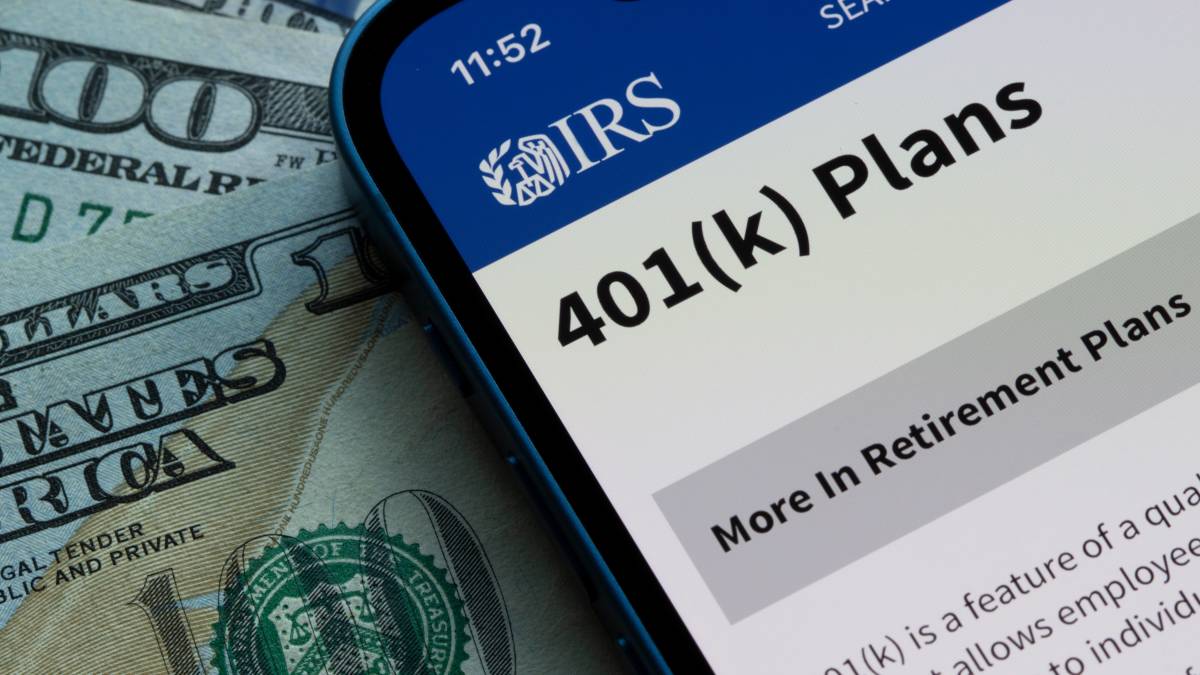
Many Americans are finding themselves in a financial bind, as inflation has pushed consumer prices to record highs, and the cost of borrowing has increased for years. One in five consumers notes that they use credit cards and BNPL to pay for necessities they can’t cover in real time.
The most common advice for money management is to budget by spending less than you earn. While that isn’t an overnight solution, the compounding effects of consistently cutting expenses and saving money can substantially change your financial position over time.
Don't miss the move: Subscribe to TheStreet's free daily newsletter
We spoke with Ric Edelman, Founder of Edelman Financial Engines and The Truth About Your Future, to discuss practical ways Americans can achieve financial freedom and retire early.
He notes that most people live above their means, which leads to devastating long-term financial predicaments. Making a few key changes now can have major payoffs when evaluating life milestones and may even make early retirement a reality.
Related: The average American faces one major 401(k) retirement dilemma
Minimizing reliance on credit cards is a crucial part of budgeting
Edelman notes that the growing dependence on credit cards to supplement income is a significant problem that should be rectified sooner rather than later.
“The number one piece of advice is simply to spend less than you earn,” he said. “Too many Americans spend more than they earn and turn to credit cards since they don't have the cash available.”
“What you're doing when you use a credit card is that you're obligating future income, which means the money you haven't yet earned is already spoken for,” he said. “By the time you get that income next month's paycheck or the paycheck three months from now, you've already spent it on the credit card purchase today.”
Credit cards can often skew the perception of a person’s disposable income and can encourage consumers to spend more than they can afford.
More on retirement:
- The average American faces one major 401(k) retirement dilemma
- How your mortgage is key to early retirement
- A few simple tasks can help you thrive in retirement
“When the expense shows up in three months for something new, you don't have the money because you've already spent the money on the prior purchase," Edelman explained. "And this creates the credit card spiral, and that's a death trap. So the solution is to spend less than you earn. Don't spend money that you don't already have.”
Edelman notes that high balance and accrued interest eat up money that could be designated towards savings and investment, particularly retirement plans. Cutting spending and redirecting the income towards paying off debt and retirement savings
“The next area to focus on is increasing your savings, and the best way to do that is in your retirement plan at work,” he noted. “Whether you have a 401(k), a 403(b), or a government thrift-savings plan, chances are you have access to a retirement account of some type. Most Americans are not participating; if they are, they're not contributing the maximum.”
“This change is painless — It'll come right out of your paycheck,” he explained. “You won't even know it's happening. Many employers will match your contributions, and that's like free money. And that is a wonderful way to jump-start your savings that too many people ignore.”

Shutterstock
Here’s the ideal amount to contribute to your retirement plan
The amount workers should contribute towards retirement may be surprising, but employer 401(k) match and Social Security contributions are a significant portion.
“I'm going to scare you, but I’d say 25% of a person’s income should be dedicated to retirement,” he said. “But don't worry, it's not as hard as it sounds. That includes your social security contribution —- between you and your employer, that’s already about 15%, so you're already halfway there.”
Related: Dave Ramsey explains how your mortgage is key to early retirement
“Then, if you enroll in your retirement plan at work and you allocate 5% of your pay, most employers will match that with 50 cents on the dollar or even 100 cents on the dollar,” he said.
“My point is simple: you need to be saving more than you are, however much you're saving,” he explained. “Save more. No one has ever been upset because they saved too much.”
“The big lament is that people aren't saving enough. You need to save more. However much you're saving. Increase it. You'll be glad you did.”
Related: Veteran fund manager sees world of pain coming for stocks







